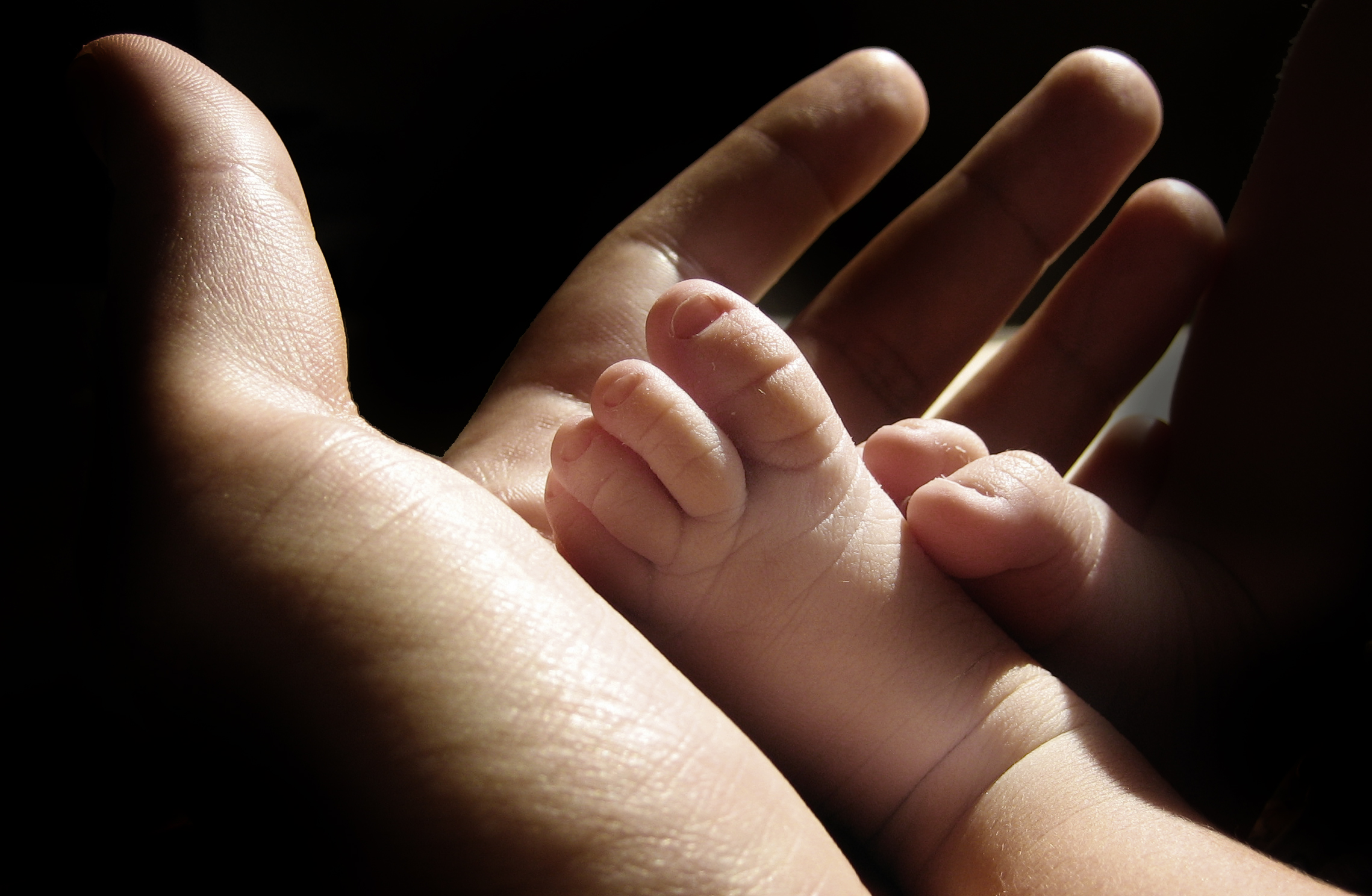WEDNESDAY, June 27 (HealthDay News) — Babies born to women who were exposed to the common household chemical butyl benzyl phthalate (BBzP) during pregnancy are at greater risk for childhood eczema, new research suggests.
BBzP is used in vinyl flooring, artificial leather and other materials, and can be released into the air, the researchers said.
“While hereditary factors, allergens and exposure to tobacco smoke are known to contribute to the condition, our study is the first to show that prenatal exposure to BBzP is a risk factor,” study author Allan Just, a postdoctoral researcher at the Harvard School of Public Health, said in a news release from Columbia University, where the research was conducted.
Just and his colleagues from the Columbia Center for Children’s Environmental Health measured urine concentrations of BBzP during the third trimester of pregnancy for more than 400 black and Dominican women living in New York City. None of the women smoked, and all but one had evidence of at least some exposure to BBzP.
After the birth of their babies, the mothers were asked if their children had been diagnosed with eczema, a condition characterized by dry, itchy, red skin on the face, scalp, hands or feet.
The children of mothers exposed to higher concentrations of the chemical were 52 percent more likely to develop eczema by age 2.
Researchers don’t know how BBzP might trigger eczema symptoms. To determine if allergies played a role, they tested the children for three common indoor allergens: cockroaches, dust mites and mice. The children also were tested for a specific immune response to the allergens.
The researchers noted that they found no link between BBzP exposure and allergies.
“We know allergies are a factor with some childhood eczema, but our data suggests that is not the case when BBzP is involved,” senior study author Dr. Rachel Miller, an associate professor of medicine and environmental health sciences at New York-Presbyterian Hospital/Columbia University Medical Center, said in the news release. “However, these are important findings, given that eczema is a common and uncomfortable disease of early childhood.”
The study was published online June 26 in the journal Environmental Health Perspectives. Although the study found an association between prenatal exposure to BBzP and eczema, it did not prove that exposure to the chemical caused the skin condition.
More information
The U.S. Centers for Disease Control and Prevention has more on phthalates.

